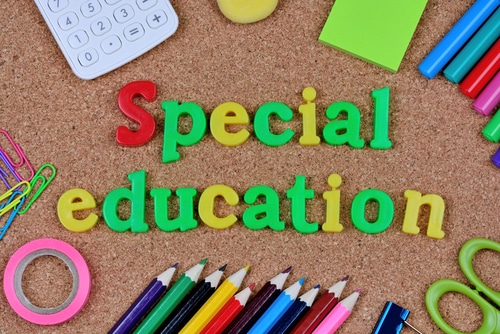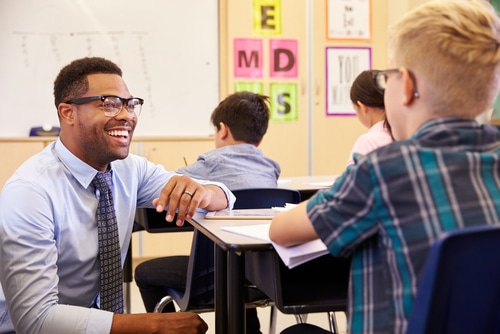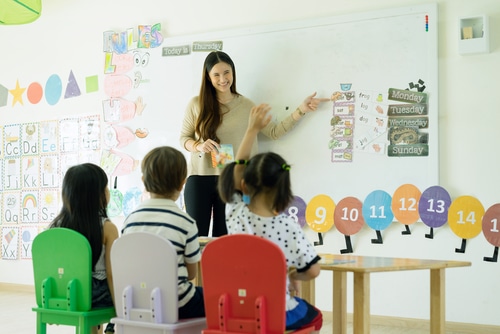So, you are about to start student teaching special education! Congrats! Here is what you need to know to make the most out of your student teaching experience.
Special Education Can Look Different in Every School
Special Education philosophies and quality vary widely from school to school. You may be in a wonderful, positive, high quality inclusion setting. You may also be in a classroom that focuses more on “entertaining” children than on teaching them. I’ve had both experiences. Don’t get discouraged if you end up in a setting you aren’t crazy about — it doesn’t mean your career is doomed.
Get to Know Your Students
This is the best part of teaching. 🙂 Jump in and get to know your students. Learn what makes them “tick.” Learn what motivates them. If you have an idea for something that might work well with a particular kid, run it by your cooperating teacher and give it a shot! At the end of the day, seeing kids learn makes all the stress worthwhile. (And yes, there will be stress. Take care of yourself.)

Ask Lots of Questions
You are student teaching! The point is to learn. If you don’t understand the reasoning behind a certain intervention, ask. If you want to observe an IEP meeting, ask. If you want to learn more about how your cooperating teacher gets parents involved, ask!
Take LOTS of Pictures
Depending on the requirements of your student teaching, you will need to do a variety of different sorts of lessons or interventions with your students. This varies a lot program to program, but for my Master’s practicum (which is similar to student teaching), I had to complete, document, and submit projects on assessments, interventions, challenging behaviors, curriculum, and math & literacy. In addition, I needed to complete extensive write-ups about the setting and target children.
For all of these, I needed to include a lot of photos and documentation. Stay on top of your notes, especially if you need to collect data each day. Take time every afternoon to update a log of what you did that day. Take lots of photos of any interventions, centers, or lessons you were involved with as you go, but make sure to maintain confidentiality and get a signed release from a guardian.

You Get Out of it What You Put In To It
This is a wonderful time in your teaching career to try new things, learn a lot, and really get involved. The special education community is a small world, and it’s important to start your professional reputation out on the right foot. No one will fault you for not knowing, but they will fault you for not trying. Work hard and make the most of this time to learn all you can!





Leave a Reply